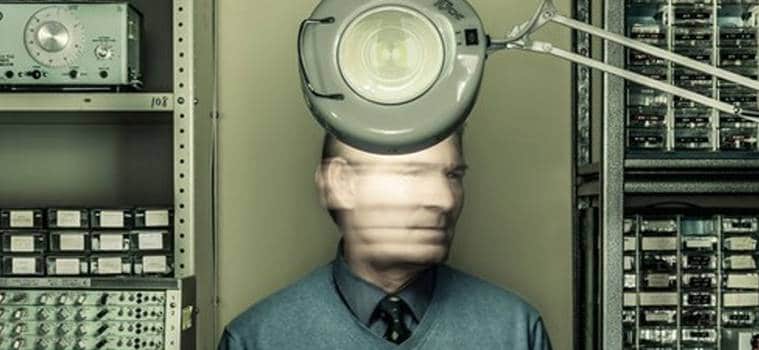We’re honoured that highly renowned film writer and lecturer Mike Catto (BBC Radio Ulster) has chosen to preview a selection of Docs Ireland titles. Next up is, ‘Father of the Cyborgs’.
‘Father of the Cyborgs’
Directed by David Burke
76 minutes
I must confess that I chose this from the list of screeners sent to me because, over the years, I have encountered both laudatory and highly critical articles about Limerick born Dr. Phil Kennedy and his work on micro neuro-surgery. Just last week I read a rambling COVID piece (from an anti-vaxxer cleric) which name-checked Kennedy as “the architect of injecting microchips thru so-called vaccines into brains to turn us into compliant Cyborgs”.
David Burke’s film is a sober and detailed account of what motivated and still motivates Kennedy and other doctors to create methods to assist sufferers from, inter alia, Locked In Syndrome and Motor Neurone Disease.
There is a lot of science in the film, but the steps that have been taken since the 1990s are explained lucidly, and Kennedy himself, plus other talking heads, are affable guides to what is a complicated subject.
The essence of the film is that medical science plus cybernetic engineering can create, not ”compliant Cyborgs” but different forms of restoration to damaged brain/body functions, permitting humans to become more like their old human selves in terms of movement or communication. In 1998 Phil Kennedy, then at the Georgia Institute of Technology, went on national US television to show how his brain and computer interface had made it possible for a paralysed, ventilator-dependent patient to type out words using, not limbs, but brain waves. Even earlier, Kennedy and others had carried out parallel experimental procedures of augmentation as they called it, but it was the 1998 TV interview and presentation that propelled Kennedy into the public realm. To some he was a saviour; to others he was a threat.
He cited the cardiac pacemaker as an early example of augmentation. Originally a heavy external object, pacemakers then they became small implants, and nobody saw those as threats to humanity. In 2004 he carried out an implant on a young man, the victim of a car crash, with Locked In Syndrome, which temporarily at least restored Erik’s speech functions.
He was the subject of some notoriety when he travelled to Belize in 2014….and operated on himself. To him it was a logical choice. He needed someone with a neurodegenerative condition but who had not yet lost the power of speech. Physician, heal thyself.
Next time you see the former rugby player Rob Burrows, now speechless with MND, ‘ talk’ – in his local accent – through a computer, think of Phil Kennedy and his like. Burke’s film makes the highly complicated science, and the people who are still making further advances, accessible to non-medical humans like me.
